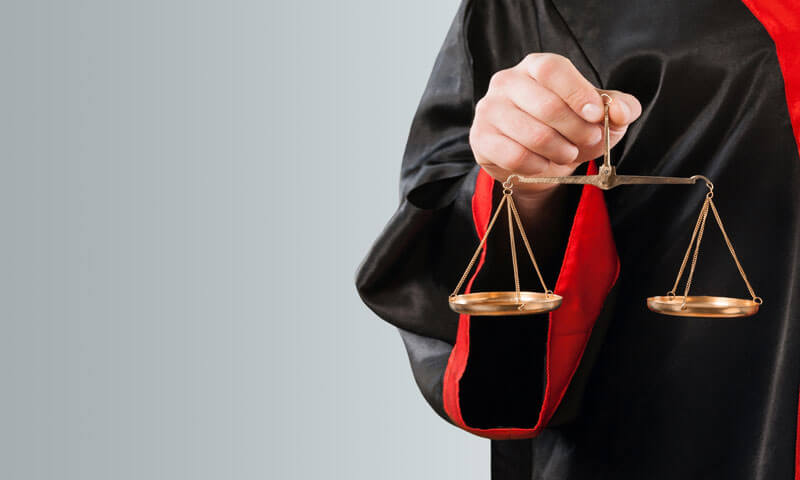A unanimous Illinois Supreme Court, while reversing the conviction of a person charged with secretly recording the conversation of a Cook County court reporter, held that the Illinois Eavesdropping Act was unconstitutional. The concerned statute requires a person to obtain consent before recording a person’s conversation.
The Illinois Supreme Court said the law was so overbroad that people can be prosecuted for recording anything from an argument on a street to a political debate.
The court said, “The statute criminalizes the recording of conversations that cannot be deemed private: a loud argument on the street, a political debate on a college quad, yelling fans at an athletic event, or any conversation loud enough that the speakers should expect to be heard by others … None of these examples implicate privacy interests.”
Chief Justice Rita Garman also noted that the statute criminalized even the open recording of a conversation without consent and that it failed to distinguish between open and secret recordings.
In the instant case before the court, Annabel Melongo, a former employee of a now-dissolved charity, spent 18 months in jail while facing charges for violating the Illinois Eavesdropping Act. Melongo had secretly recorded her phone conversation with a Cook County court reporter and then posted those tapes on a personal website.
Melongo’s trial ended in a hung jury, and ultimately the court found the statute to be unconstitutional.
The court observed that Melonogo was “an innocent party subject to a naked prohibition against disclosure,” and that it was irrelevant, “whether the contents of the recorded conversations were a matter of public interest because the recordings cannot be characterized as illegally obtained.”
The state argued that Melongo’s challenge of the law was inconsistent with her initial stand to face the criminal charges based upon an exemption in the statute. But the court said the change in stance was inconsequential. Garman observed, “The state does not explain why a criminal defendant may not argue in the alternative that the statute under which she was charged is unconstitutional and, failing that, that an exception to the statute excused her conduct.”







































